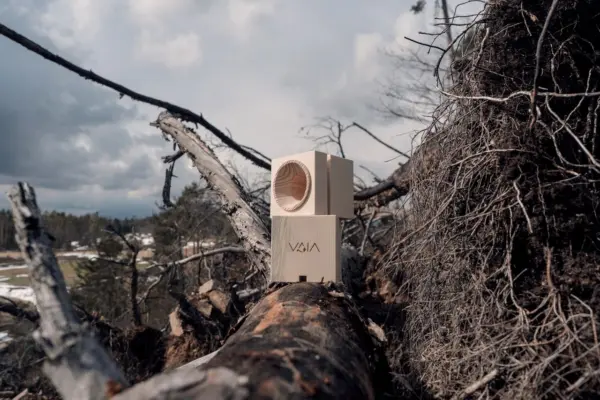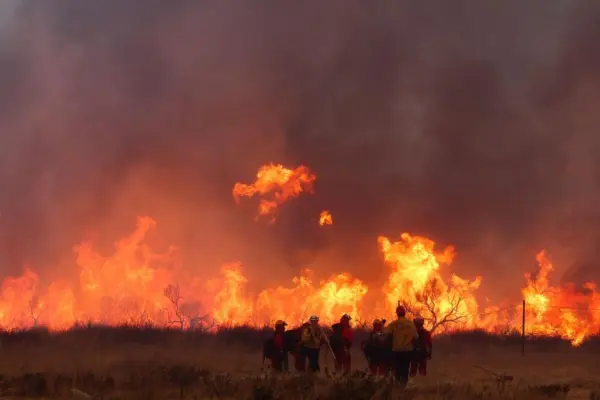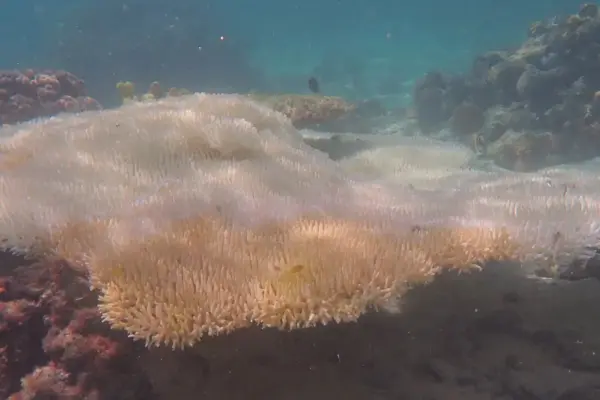Scientists Urge for Strong, Immediate Action to Save 19 Collapsing Ecosystems Around Australia
While the world leaders are pulling on stupid stunts like withdrawing their support from the Paris Agreement instead of working hard to reduce emissions, the natural world is collapsing all around us. The assault on nature has been exacerbated by the changing climatic conditions. A report by a large team of scientists has urged the world to take strong and immediate action to save 19 collapsing ecosystems across the Australian continent.
According to the team, these ecosystems are collapsing owing to anthropogenic activities and human-induced climate change, and urgent action is imperative to prevent their complete loss. The damaged ecosystems extend beyond the continent and include sub-Antarctic tundra of world heritage-listed Macquarie Island and moss beds in the East Antarctic.
The team of 38 scientists from 29 universities and government agencies, working across the two continents, have explained the degradation of coral reefs, arid outback deserts, tropical savanna, the waterways of the Murray-Darling Basin, mangroves in the Gulf of Carpentaria, and forests sprawling from the rainforests of the far north to Gondwana-era conifers in Tasmania.
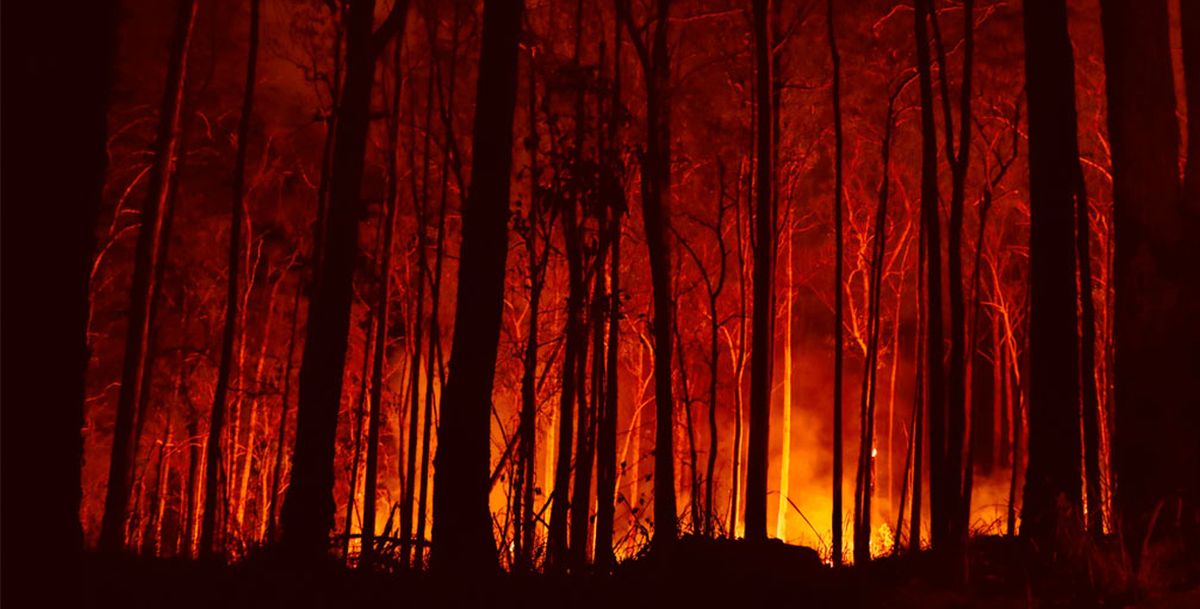
Scientists urge the world to take immediate action to save 19 collapsing ecosystems around Australia | Image: Twitter @WWF_UK
The lead author of the study, Dr. Dana Bergstrom from the Australian Antarctic Division, said that 19 out 20 ecosystems examined were witnessing potentially irreversible environmental damages, including the loss of species and the ability to perform crucial functions to survive, such as pollination.
Bergstrom further said that these damages were a result of the ecosystems being subjected to multiple pressures simultaneously. Some pressures such as rising average temperatures due to climate change, habitat loss, and invasive species, are fatal for many ecosystems; while others are short-term occurring such as heatwaves, fires, and storms, which are mostly worsened by global warming.
Although the report exhibits a ‘confronting and sobering’ reality, the scientists said that immediate action could still make a difference. Bergstrom said,
None of the 19 ecosystems has yet collapsed across its entire range, but for all case studies, there is documented evidence of ecosystem collapse in some areas. Urgent action will be essential to prevent the loss of any of these ecosystems in their entirety.
Many previous studies have warned against the imperiled Australian natural heritage, but rarely have they studied the effects of these changes on various ecosystems. Published in the journal Global Change Biology, the new report included many peer-reviewed scientific papers and other reports to collect pragmatic data of the health of ecosystems, and examined the results against criteria to determine whether they had changed in any manner.
The results were shocking and frightening as only the subtropical rainforests of coastal New South Wales were damaged to a lesser extent and have a chance of recovery; others have a low likelihood of recuperation and are heading toward permanent collapse.
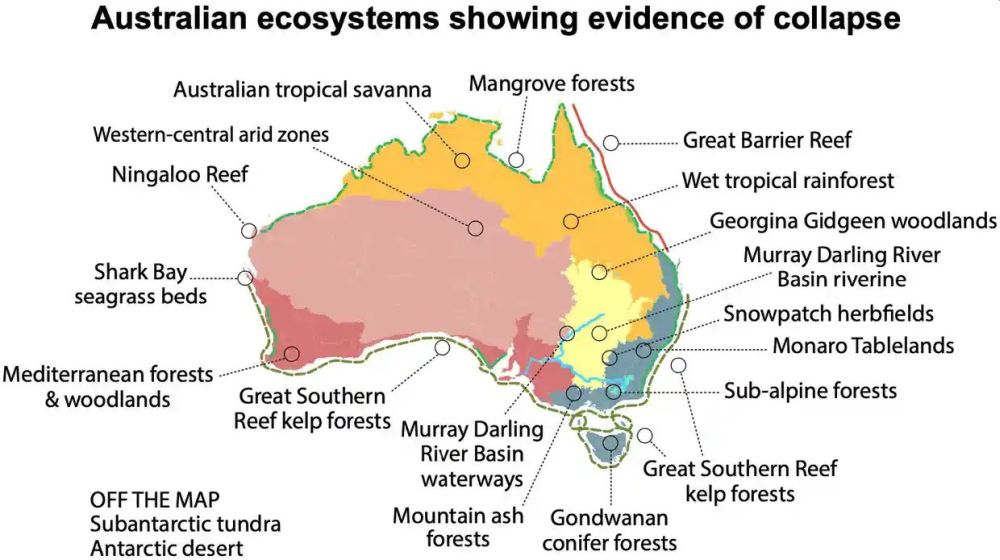
Illustration depicting threatened areas exhibits the reason behind the scientists’ urge for immediate action to save these 19 collapsing ecosystems around Australia | Image: Mary Cryan
The team suggested implementing a new framework to prevent the ecosystems from getting completely destroyed. To do so the world would need a greater awareness of the value of ecosystems, better planning to expect risks, and rapid action to tackle and reduce them. The alpine ash forests of Victoria, which are often hit by fire, were found to have lost the capability to heal themselves through the production of seeds. In response, scientists had started to plant hybrid species that may be able to handle themselves better in the changed conditions.
The tropical savannas across northern Australia had been degraded through frequent bushfires, overgrazing by livestock and feral animals, invasive species including gamba grass, feral cats and cane toads, and extreme weather events. Due to habitat loss, many native species such as the brush-tailed rabbit-rat are rarely seen in the current times.
Criticizing the general attitude toward climate change, Bergstrom said,
People talk about climate change as something in the future. Climate change is here and collapse is coming. But we have the ability and we have the skills. We just need the willpower to make it happen. Protecting these iconic ecosystems is not just for the animals and plants that live there. Our economic livelihoods, and ultimately our survival, are intimately connected to the natural world.
The Australian government is failing tremendously at protecting its indigenous wildlife, which is not surprising as the Australian Prime Minister Scott Morrison has often been seen denying the phenomenon that is climate change. Morrison administration has faced national and international criticism regarding its environmental policies, but all in vain.
Official data suggests that Australia has the highest rate of mammal extinction over the past 200 years, but the government has largely rejected calls to increase the budget and efforts on environmental conservation. Funding for the environment department and related projects were reduced by over a third after the Liberal-National Coalition was elected in 2013.
Last year, an alliance of over 70 conservation, farming, and land management organizations presented a $4 billion plan to help repair the natural environment, saying it could create 53,000 employment opportunities and help boost regional economies in the pandemic times. While the government expressed interest in the report, it hasn’t adopted its suggestion to help the environment.
Supposedly, the Morrison administration will most likely be following the footsteps of the Trump administration against the environment. The island continent was once brimming with wildlife, and now most of its ecosystems are falling apart – the Great Barrier Reef is almost dead, bushfires are destroying the inland, and many species are on the brink of extinction. If not for immediate action, all will be lost in the blink of an eye.
